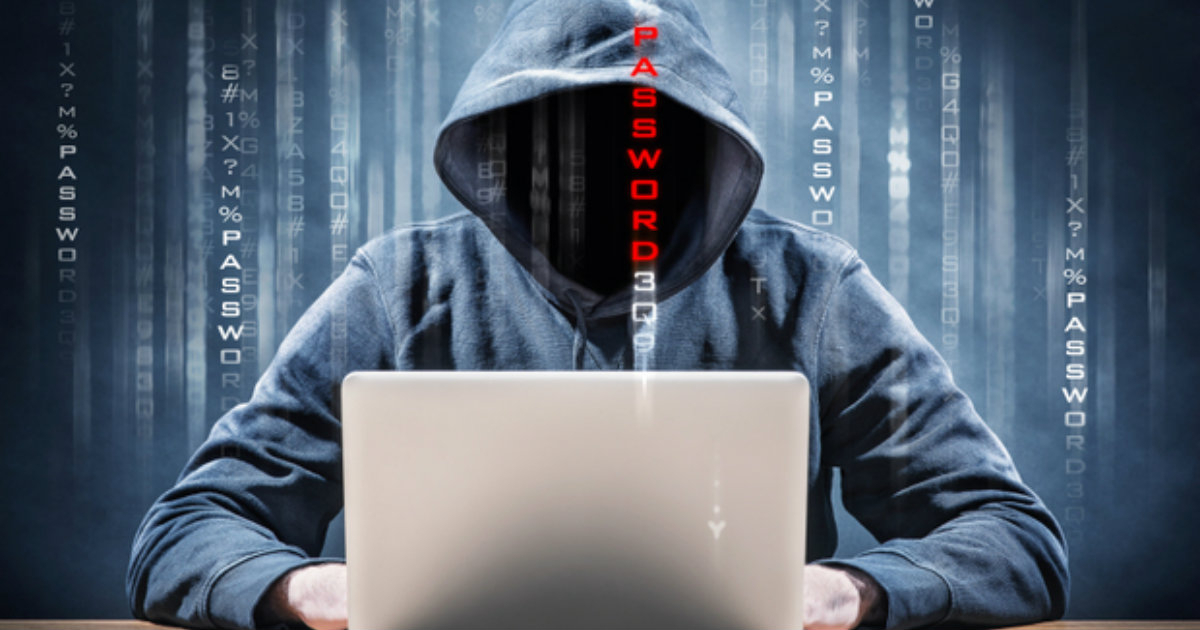
A massive hack has exposed 2.7 billion personal data records of residents in the United States, endangering people's privacy, including many Cubans living in the country.
The leaked data includes names, Social Security numbers, physical addresses, and possible aliases, posing a significant threat to personal security.
Bleeping Computer noted that the records come from National Public Data, a company that collects and sells access to personal information for background checks.
The massive leak was first reported in April, when a threat actor known as USDoD claimed to be selling the data of 2.9 billion residents in the United States, United Kingdom, and Canada for a price of 3.5 million dollars.
After this, partial copies of the data have been shared, each leak containing a different number of records, but on August 6, a threat actor known as "Fenice" leaked the most complete version of the stolen national public data. He did this for free on the hacking forum Breached.
The leak includes critical information, such as Social Security numbers, that could be used by criminals to commit identity theft and other crimes.
While it has not been confirmed that all residents in the U.S. are affected, many people have verified the presence of their data in the leak, which includes deceased relatives.
For Cubans in the United States, this security gap is especially concerning. Many of them, who may be less familiar with credit monitoring and fraud prevention processes, are now at risk of becoming victims of identity theft.
It is crucial to regularly review your credit reports and stay alert for any suspicious activity.
Additionally, it is recommended that all those affected take extra precautions against phishing attempts and fraud, as it is likely that criminals will try to exploit the situation to obtain more confidential information.
Authorities are already investigating this case, and collective lawsuits are expected to be filed against National Public Data for their lack of adequate protection.
What do you think?
COMMENTFiled under: